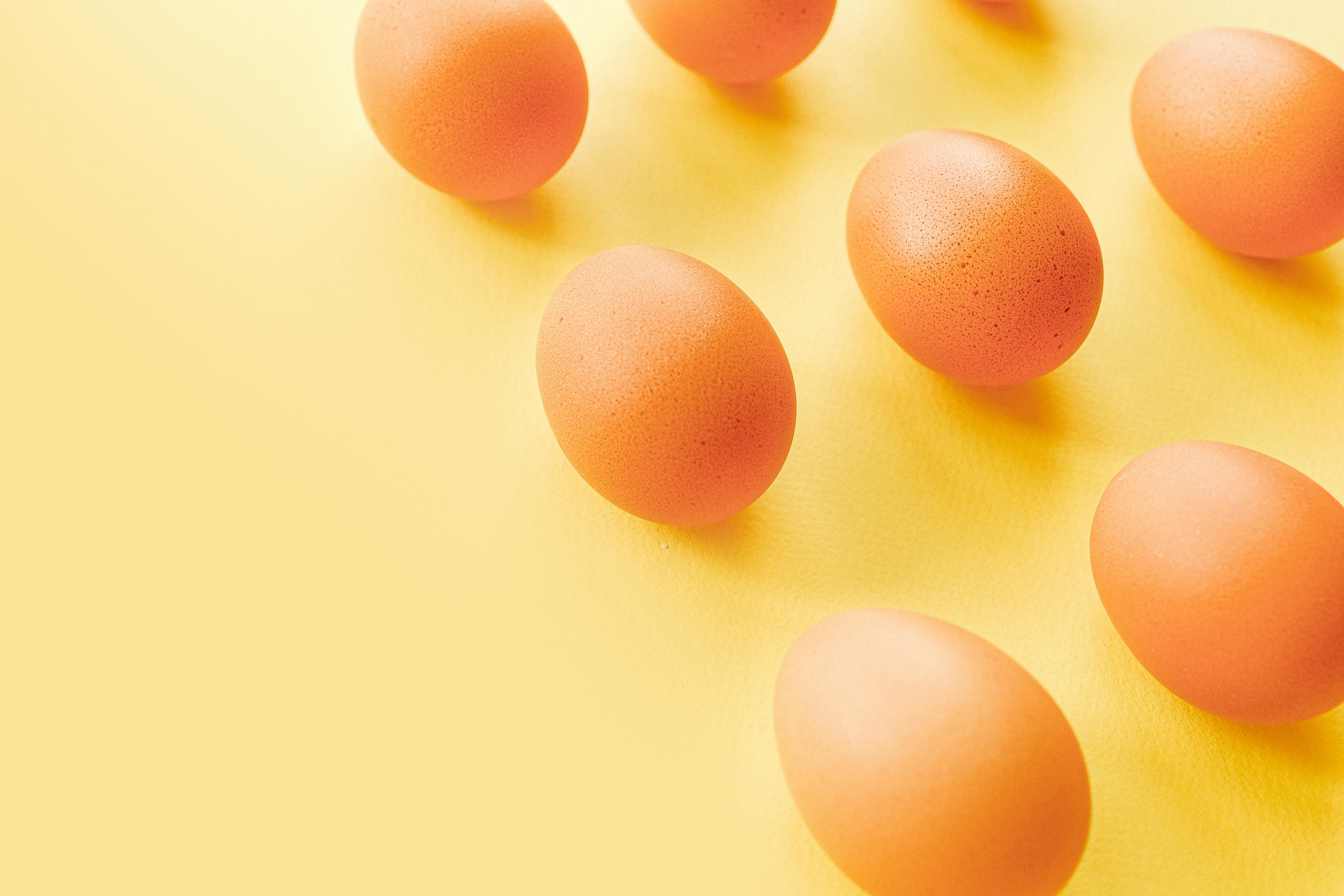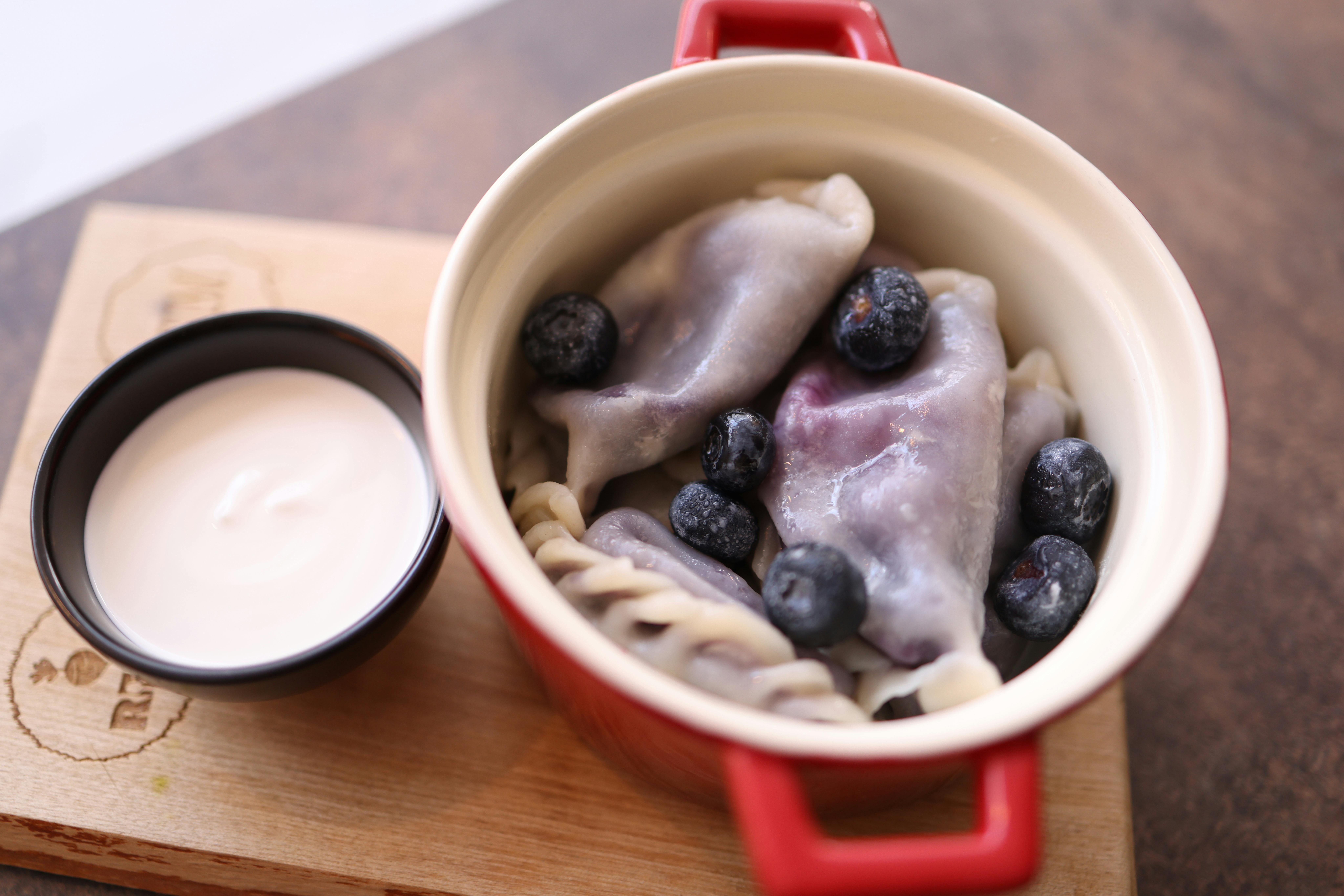
Apply Now


Understanding Electrolytes: The Cornerstone of Carnivore Diet Success
Electrolytes are essential minerals that carry an electric charge and play a crucial role in various bodily functions, including muscle contractions, nerve signaling, and hydration balance. For individuals on the carnivore diet, understanding electrolytes is particularly vital due to the diet's unique nutritional profile. This meat-based regimen can lead to situations where electrolyte deficiency may occur, which could result in muscle cramps, fatigue, or even more severe health issues. In this article, we will delve into the importance of electrolytes for carnivore diet success, including the benefits of maintaining electrolyte balance, the roles of key minerals like sodium, potassium, and magnesium, and effective strategies for supplementation. The carnivore diet is defined by its exclusive reliance on animal-based foods, making it a nutrient-dense protocol. However, while many meat products are rich in specific electrolytes, a balanced intake still requires knowledge and planning. So, whether you're a seasoned carnivore or new to this lifestyle, understanding your electrolyte needs will enhance your health and performance on this diet. Below, we will outline key strategies for maintaining electrolyte balance, appropriate sources within the carnivore framework, and how to properly hydrate.Essential Electrolytes for the Carnivore Diet
When considering electrolytes for the carnivore diet, it's crucial to focus on three primary minerals: sodium, potassium, and magnesium. Each of these plays a vital role in overall health and well-being.Importance of Sodium for Carnivore Diet
Sodium is often misunderstood, yet it is critical for various functions, including fluid balance, nerve function, and muscle contractions. The carnivore diet can be naturally low in sodium due to limited processed foods, making supplementation necessary. Consuming adequate sodium aids in maintaining blood pressure and preventing dehydration, especially during the initial adaptation phase of the diet. To increase your sodium intake, consider incorporating salt into your meals or using broth in your cooking. Some individuals may even benefit from electrolyte drinks that are high in sodium.Potassium Requirements on the Carnivore Diet
Potassium is another essential mineral that plays a pivotal role in muscle function and regulating heart rhythms. Low levels of potassium can lead to muscle cramps and overall weakness. To counter these effects, it is essential to consider potassium-rich carnivore foods like organ meats, particularly heart and liver, which provide significant amounts of this mineral. Monitoring your potassium levels is vital, especially in a high-protein context - it ensures muscle health and optimizes bodily functions.Magnesium's Role in Electrolyte Balance
Magnesium is indispensable for maintaining healthy nerve function and muscle contractions. It also helps regulate other electrolytes, including sodium and potassium. Many individuals do not get enough magnesium from their diets. Including magnesium-rich food sources such as fatty fish and crushed bones contributes to achieving optimum levels. Some may also consider magnesium supplements to ensure they meet their daily requirements, especially if their diet lacks variety.How to Supplement Electrolytes on a Carnivore Diet
Supplementing electrolytes can be vital for maintaining health on the carnivore diet. There are several practical strategies you can use to effectively balance your electrolyte levels.Strategies for Effective Electrolyte Supplementation
To effectively supplement electrolytes, consider a multi-faceted approach. Begin by assessing your dietary intake of sodium, potassium, and magnesium. From there, you can decide if food alone meets your needs or if supplementation is necessary. For example, individuals engaged in high levels of physical activity may need to supplement more aggressively than those with sedentary lifestyles. Consulting with a healthcare provider can provide personalized guidance based on your individual needs and activity levels.Hydration on the Carnivore Diet
Hydration is crucial yet often overlooked on the carnivore diet. Meat alone doesn't provide sufficient liquid intake. Therefore, consider strategies for effective hydration such as drinking enough water, consuming broth, or including high-water-content meats like fish. These practices help ensure proper hydration while maintaining optimal electrolyte balance.Best Practices for Managing Electrolytes
Maintaining electrolyte levels requires consistency and monitoring. Keeping a diary of your dietary intake can help track your electrolytes and hydration practices. Additionally, be aware of symptoms of imbalances such as muscle cramps or persistent fatigue. Adjust your intake accordingly based on these indicators.Hydration Strategies for a Successful Carnivore Lifestyle
Proper hydration habits are essential for anyone following a carnivore diet. As the body transitions to adapt to this low-carb lifestyle, understanding hydration strategies is crucial for overall health and performance.Hydration Without Carbs
One of the challenges of the carnivore diet is achieving adequate hydration without relying on carbohydrate-rich foods or beverages. Focus on drinking water and consuming foods high in water content, such as meats. Bone broth is also an excellent option as it provides hydration and essential electrolytes.Hydration Tips for Athletes on Carnivore
For athletes on a carnivore diet, maintaining hydration levels can significantly impact performance and recovery. Post-workout, consider consuming broth or electrolyte drinks to replenish lost minerals. Additionally, timing your hydration, such as drinking before, during, and after workouts, enhances hydration strategies for optimum results.Signs of Dehydration and Electrolyte Imbalance
Recognizing early signs of dehydration and electrolyte imbalance is vital for sustaining health. Symptoms to watch for include persistent thirst, dry mouth, and muscle cramps. If you experience these symptoms, evaluate your fluid intake and consider increasing your dietary electrolytes.Practical Tips for Maintaining Electrolyte Levels
Maintaining electrolyte levels while following a carnivore diet can be achieved through holistic strategies that prioritize both nutrition and hydration.Incorporating Electrolyte-Rich Carnivore Foods
To naturally support your body's electrolyte needs, incorporate a variety of electrolyte-rich carnivore foods into your meal plan. Foods like organ meats, fatty fish, and stock from bones offer a bioavailable source of essential nutrients that contribute to electrolyte balance.Carnivore Diet Meal Planning for Optimal Hydration
Planning meals with hydration in mind can enhance your overall success on the carnivore diet. Structuring meals to include broth, organ meats, and substitutions for sodium can help ensure that you’re meeting your body's electrolyte and hydration needs.Regular Monitoring of Electrolyte Levels
Regularly monitor your electrolyte levels, especially if you are exercising or adjusting to the carnivore diet. By being attentive to fluctuations, you can make more informed dietary choices that support your health and overall performance.Conclusion: Ensuring Electrolyte Balance for Carnivore Diet Success
In summary, understanding and managing electrolytes is integral to achieving success on the carnivore diet. Electrolytes not only support your physical performance and muscle function but also contribute to overall health. By focusing on sodium, potassium, and magnesium, incorporating electrolyte-rich foods, and supplementing wisely, you can foster optimal hydration and electrolyte balance. Ultimately, tailored dietary strategies combined with awareness of your body's needs are essential for thriving on the carnivore diet. As you journey through this regimen, remember to adjust and adapt according to your individual needs for lasting health and well-being. Maintain a proactive approach to hydration and electrolyte management, and experience the full benefits of the carnivore lifestyle.
